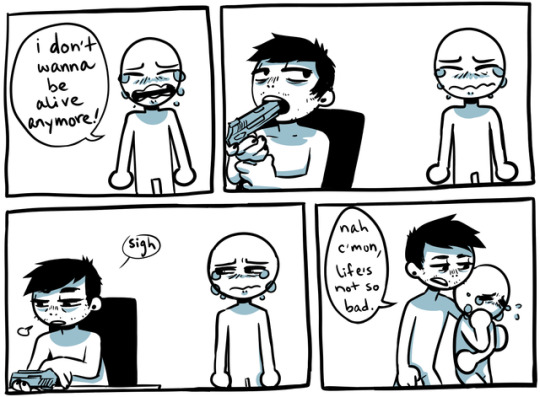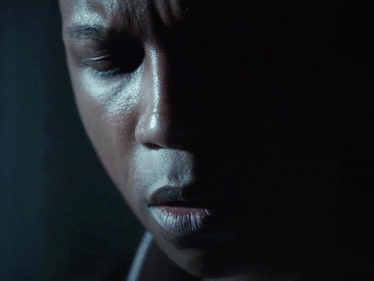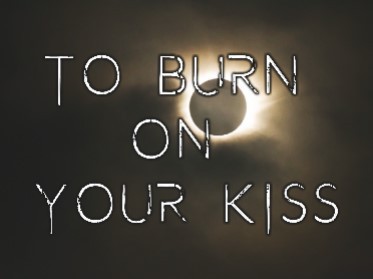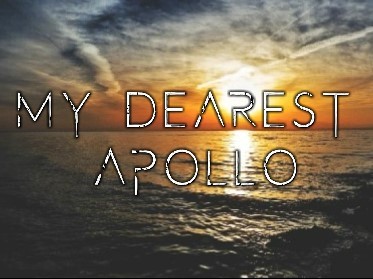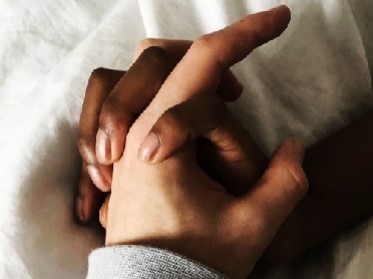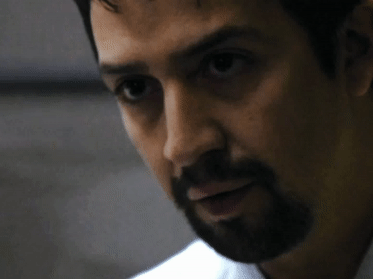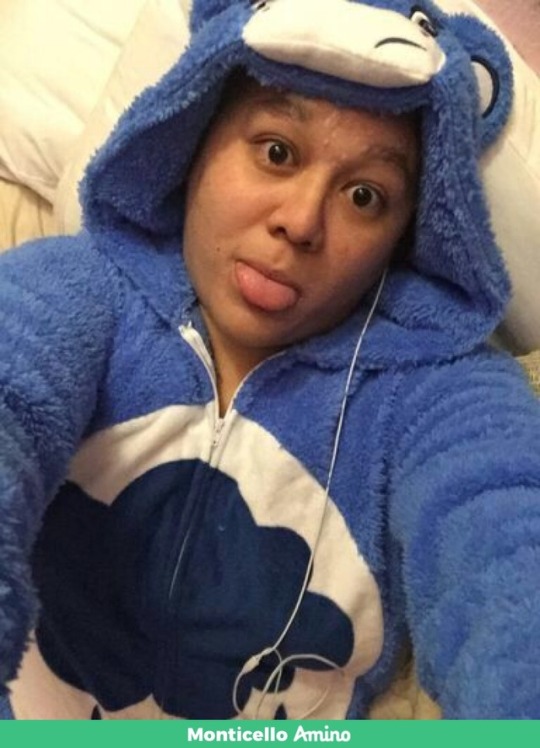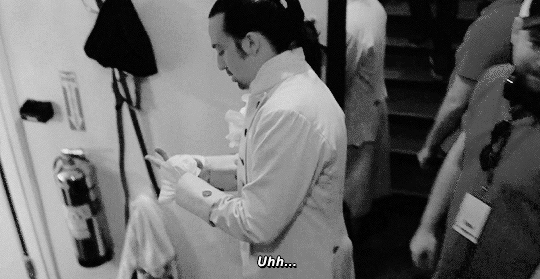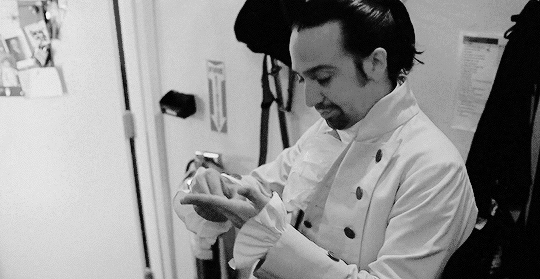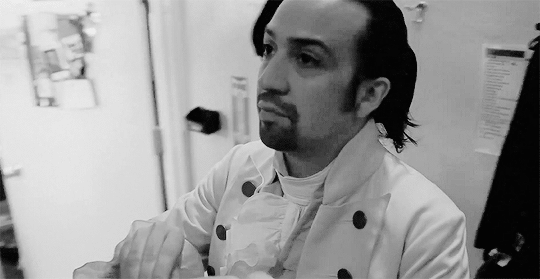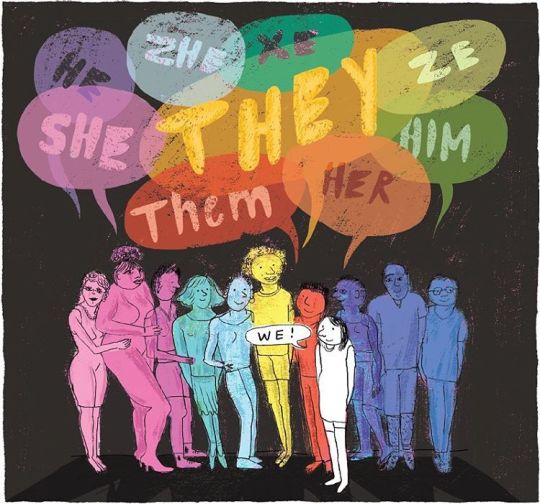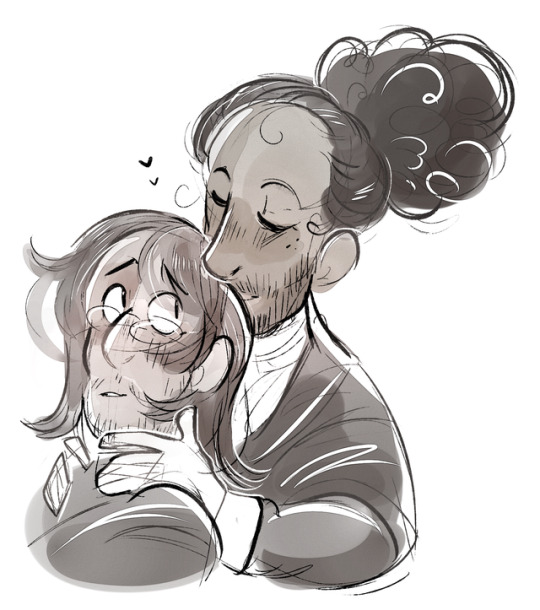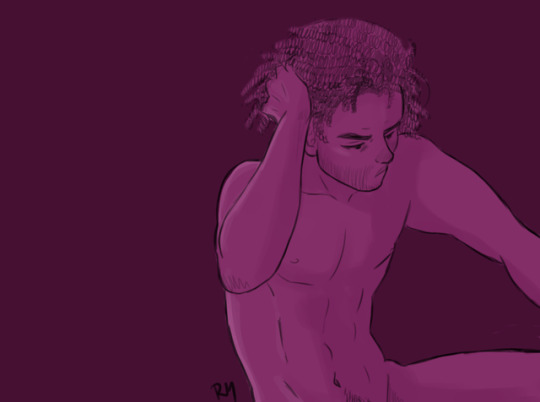Photo





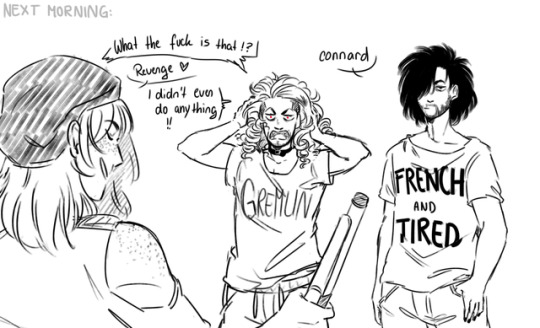
John: It was actually quite hard to straighten Laf’s hair, it’s still fluffy. Alex was easy, he looks like a princess now. Herc left before I could get him.
3K notes
·
View notes
Photo

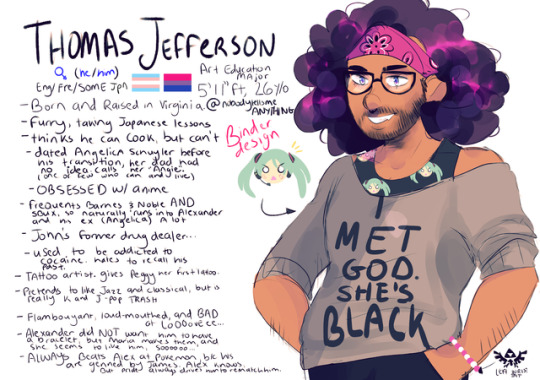
here’s the closeted furries “hey man… can u bum me a cig” and “the one uncle nobody invites to the family reunion but SOMEONE keeps telling him where it is anyways”
if you want an idea of what john is like, imagine hau from pokemon sumo
ALSO the ppl who kept asking me for trans thomas art, HERE he’s trans in this au (;
ft John:
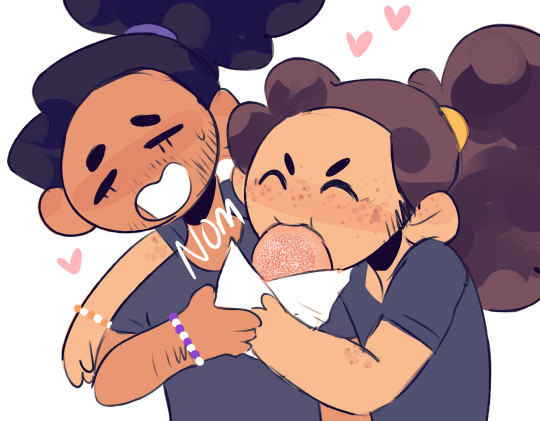
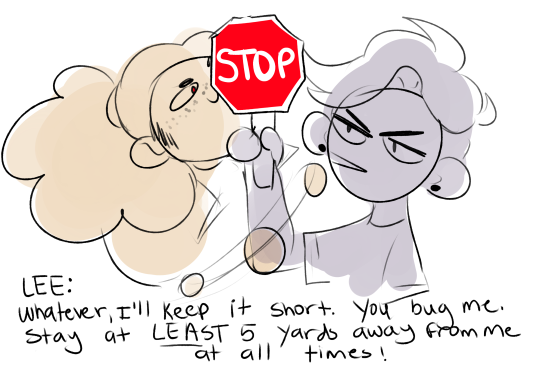
118K notes
·
View notes
Text
Alexander: So you’re gay.
Jefferson: Obviously I’m not gay.
Alexander: You were having a romantic relationship with Madison!
Jefferson: You got me there.
486 notes
·
View notes
Text
Sorry for not being active
Being a manager is draining
13 notes
·
View notes
Text
Alexander: I just realized why your boyfriend hates me so much.
Jefferson: …Yeah.
Alexander: So Madison sneezed and I accidentally said ‘shut the fuck up’ instead of 'bless you’.
Jefferson: How do you accidentally say 'shut the fuck up?
906 notes
·
View notes
Photo






♥
edit: do not reblog this if you’re a terf and do not reblog this to a kink blog or a porn blog.
55K notes
·
View notes
Text
@beholdinghim
I am working on something currently regarding why I personally look up to James Monroe in several aspects, however, there is one I am far too eager to discuss. Third on my list of reasons I am inspired by him (after his family and his views on women’s rights and education) is his general attitude towards whatever life seemed to throw up against him.
Monroe experienced so much tragedy in his life and yet he still gained a positive attitude towards life and the world around him. His views never decimated into negative outlooks upon humanity, more so he used the sadness he’d experienced all his life and the loss to gain a deeper understanding of human rights and people. Monroe was regarded as an outwardly positive, polite and kind man whom Thomas Jefferson said “if you turned his [James Monroe’s] soul in and out you would not find a single stain on it.”
The only time he really allowed a deeper and more depressive part of himself out was while confronting with his wife or with Thomas Jefferson in the letters they shared. However, Monroe was not afraid to show human emotion, he wasn’t afraid to allow anyone to know how he was feeling although he sometimes did not engage in self care (1. the time he walked to congress in a rain storm and got very ill 2. the time he told Thomas Jefferson he was having only three meals in a whole week 3. the time he overworked himself working as both secretary of war & state during James Madison’s presidency, never ate or slept, remained in the same clothes for ten days and then got extremely ill, was unrecognizable and lay in bed for two entire months recovering after he collapsed).
In summary, he was unafraid of allowing others to know how he was feeling but did not others to pay attention to these things and did want to draw attention to himself. Despite all the sadness he’d experienced and loss he’d gone through, James Monroe still put it upon himself to complete what needed to be done. One witness said Monroe was one who was comforting to be around and even just moments with him caused you to feel as if you’d spent your entire lives together.
Monroe didn’t diddle through his problems and was always trying to find ways to fix them (expect in the case of when his son died, for he and his wife were inconsolable for days and never recovered from that). He took the tragedy he experienced and transferred it into gaining a better understanding of the world around him and how he was living. It’s not a mystery why James Monroe’s favorite color was yellow, the seemingly brightest color of them all. Monroe always wanted to find the brighter parts of other people and while it took him long before he truly trusted someone enough, he didn’t want to see the world so very black and gray.
There are so many reasons James Monroe is the founding father that is most difficult to understand because he was extremely complex and hid so many parts of himself in introversion and hope for privacy. It is also, why there has never been an individual willing enough to delve deeper into Monroe, enough to fully understand him and who he was as a person. James Monroe was not an open book, more like a locked cabinet nobody will every find the key to because nobody has bothered to look. However, I gain only a peek inside and gather what I can.
97 notes
·
View notes
Text
@beholdinghim
James Monroe Timeline of Slavery:
James Monroe depended on, used and benefited from the institution of slavery profitably. He was the owner of around seventy slaves in his entire life (not all held at once) [x] and like his friend James Madison, Monroe never freed a single slave. Hypocritically, Monroe believed strongly in the abolition and called for the freedom of slaves [x].
1774: Spence Monroe, James Monroe’s father, dies when he is sixteen. Spence left one slave directly, a boy named Ralph [x].
1786: Monroe marries Elizabeth Kortright whose father, a New York merchant, Lawrence Kortright who owned at least four slaves [x].
1794: Elizabeth journeyed to New York City to see her dying father. From there, she wrote to her husband about her own inheritance and her brother’s, which she deemed unfair and included “several slaves.”
1796: When James Monroe was in Paris he heard that one of his slaves in Virginia was very ill. "We lament much the ill health of Tinah… Indeed she is valuable as a sensible and honest servant, as well as most capable, and whose loss could never be repaired. We are particularly gratified that she is well taken care of and wants for nothing.“
1799: October 15, 1799, as some slave traders tried to transport a group of slaves from Southampton to Georgia, the slaves revolted and killed the traders. According to an article on the subject, a nearby slave patrol responded and killed ten slaves on the spot. The patrol took five slaves alive. They were tried in an oyer and terminer court without the benefit of a jury, four were convicted. The fifth pleaded benefit of clergy and was flogged and branded. Governor James Monroe postponed the slaves’ executions to check their identities; he granted a pardon to one, and allowed two to hang. The fourth died in jail from exposure to the cold. The author of the article stated Monroe “help[ed] secure a modicum of civil protection for slaves sentenced to death for capital crimes.” Monroe restored the requirement of civil protection for slaves sentenced to death for capital crimes [x] [x].
1800: During his term as governor, in Richmond on the afternoon of Saturday, August 30th, Monroe received information that an insurrection by slaves in the surrounding area would strike the city that night. He communicated with the mayors of Richmond and Petersburg and called out militia to protect the capitol building and public stores of arms and ammunition. Heavy rainfall that made roads and bridges impassable forestalled the beginning of the revolt that night, but Monroe soon received information to convince him that the plan for rebellion was still in place, truthfully, one of the plans was to kidnap him. The legislature was not in session, but with the concurrence of the council on Tuesday, September 2nd the governor alerted all Virginia militia regiments and strengthened the guard on key locations in and around the capital city. He also communicated with local civil officials. The evening of September 2nd the first group of suspects was brought to Richmond from the vicinity of the Henrico County plantation of Thomas H. Prosser, whose slave Gabriel had been named as the primary leader of the intended revolt.
Under Virginia law of more than a century’s standing, the trial of a slave accused of committing a capital offense was to take place without a jury before a court of oyer and terminer assembled for the purpose. According to a 1786 statute, which was a modified version of a bill in the great revision of the state’s law code that Thomas Jefferson and others had drafted some years earlier, a slave could only be condemned to death by unanimous decision of the court of oyer and terminer, and the state would compensate the owner for the value of the executed slave. The first executions for participation in the conspiracy occurred on Friday, September 12th. During when he was to decide as governor for punishment he wrote a letter to Thomas Jefferson stating himself as being torn between what the legislature wanted–execution–and what he wanted–mercy. In the end, twenty-six slaves including Gabriel were hanged. Monroe tried to get pardons for those condemned for execution but the council only agreed to some of the requests from Monroe for pardons or temporary reprieves.
1802: The government considered sending insurgent slaves to Sierra Leone. Governor Monroe discovered that under the law of Sierra Leone the slaves would be free as soon as they arrived. "Still I am persuaded that such was not the intention of the Legislature, as it would put culprits in a better condition than the deserving part of those people… The ancestors of the present negroes were brought from Africa and sold here as slaves, they and their descendents for ever. If we send back any of the race subject to a temporary servitude with liberty to their descendants will not the policy be mild and benevolent?“
1804: “Slaves are kept under by fear—with them the term is synonimous with respect—Be generous, set them free, & they will insult you.” [x]
1807: “The twenty-fourth article engages that the parties shall communicate to each other the laws which their respective legislatures may enact for the abolition or limitation of the African slave trade, and that they will also use their best endeavors to procure the co-operation of other powers for the complete abolition of that trade. “ [x] “We ought to add that by one of the articles in the treaty a complete co-operation is stipulated for the abolition of the Slave Trade.” [x] James Monroe was negotiating a new treaty with Great Britain.
1808: “I have in Albermarle 2500. acres of as good land as any in the county & about 30. slaves, with furniture stock &ca. I shod. suppose that my property there was worth three times the amount of the sum desired.” [x]
1810: Albemarle County, Virginia census showed forty-nine enslaved people living at Highland in 1810. At Monroe’s home of Highland, the enslaved included field workers, blacksmiths, carpenters, masons and “house servants” which including valets, a maids, a cook and assistants [x]. The same year, Monroe had offered to sell his Oak Hill estate, nearly two thousand acres in Loudoun County, located ten miles from Leesburg and thirty-five from Alexandria, along with its livestock and all its twenty-five slaves [x].
1814: “The procln. of Cochrane, inciting4 our slaves to rise, & join them, you have probably seen.” [x]
1816: Monroe was part of the American Colonization Society formed in 1816. They found common ground with some abolitionists in supporting colonization. They helped send several thousand freed slaves to the new colony of Liberia in Africa from 1820 to 1840. Monroe wanted to prevent free blacks from encouraging slaves in the South to rebel. The organization also bought land for the freedmen in what is today Liberia. The capital of Liberia was named Monrovia after him as president [x].
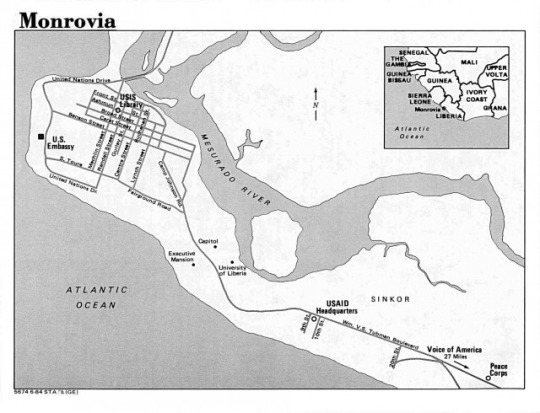
1817: According to William Seale, he took several slaves with him to Washington D.C. to serve at the White House from 1817 to 1825 [x].
1819: The Missouri Territory applied for statehood as a slave state, but that application failed largely due to opposition from the New England states. An amended bill was put forth which proposed gradually eliminating slavery in Missouri, but that just led to two years of bitter debate in Congress. The Missouri Compromise bill resolved the issue, pairing Missouri as a slave state with Maine, a free state, and barring slavery north of latitude 36/30’ N forever.
1820: “I do not think that any foreigner can sustain a claim against an African brought directly from Africa as a slave, in our Courts, but that when brought within our jurisdiction he must be free.”
1821: “[The international slave trade] is an abominable practice, against which nations are now combining, and it may be presumed that the combination will soon become universal. If it does the traffic must cease, if it does not it will still be carried on, unless the nations favorable to the suppression unite to crush it, under flags whose powers tolerate it, which would in effect be to make war on those powers."
1822: Liberia was established as a place where freed American slaves, as well as Africans captured on foreign slave ships, could be resettled. The country named its capital, Monrovia, after Monroe because of his endorsement of the American Colonization Society. [x]
1823: “you have, I presume, seen, by the gazettes, that a motion has been made in the British house of commons, to liberate the slaves in the W. Indies, & been treated with respect by Mr Canning, The effect, should the measure be adopted, on those in the southern states, may be anticipated.” [x]
1824: James Monroe signed a treaty with Great Britain that would have declared the African slave trade a form of piracy, thereby making it easier to fight the slave. He made a plea to the Senate, but they did not ratify the agreement. “Should this convention be adopted, there is every reason to believe that it will be the commencement of a system destined to accomplish the entire abolition of the slave trade… [Other nations will follow the United States and Britain] The crime will then be universally proscribed as piracy, and the traffic be suppressed forever.” Also: “I forward also a copy of the documents, relating to the negotiations, with the British government, for the suppression of the slave trade.” [x]
1826: Two slaves named George and Phebe risked it and fled [x]. The duo ran away from Highland in July 1826 [x], and Monroe placed an advertisement in the local newspaper (below) for July 15th [x], offering a ten dollar reward for their return. It’s unknown of they reached freedom. Highland slaves endured not harsh conditions but instability caused by frequent transfers between Monroe’s two properties due to work needs [x].
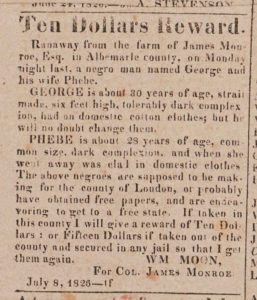
1827: “The sale of my slaves, &ca, in Albemarle, it is expected will take place in Novr. so that it will be very pa[in]ful to me, to attend there, at the next meeting You shall however hear from me on the subject.” [x]
1828: Because of United State government not paying Monroe for his positions, he fell into enormous dept. Monroe began selling the farmland at his Highland any many of Monroe’s enslaved men, women, and children were dispersed south. Those sold went to a cotton plantation called Casa Bianca in Jefferson County, Florida. To the buyer, Colonel Joseph White Monroe told him to keep the families together and not to separate them [x]. “I have sold my slaves in that county, to Col: White of Florida, who will take them in families, to that territory. He gives me for them, (with the exception of a few sold there) five thousand dolrs.” [x]
1829: Monroe described slavery as “one of the evils still remaining incident to our Colonial system”. As president of Virginia’s constitutional convention in the fall, Monroe reiterated his belief that slavery was a blight which, even as a British colony, Virginia had attempted to eradicate. "What was the origin of our slave population? The evil commenced when we were in our Colonial state, but acts were passed by our Colonial Legislature, prohibiting the importation, of more slaves, into the Colony. These were rejected by the Crown.” To the dismay of states’ rights advocates, he accepted the federal government’s financial assistance to emancipate and transport freed slaves to other countries. At the convention, Monroe proposed that Virginia emancipate and deport its enslaved with “the aid of the Union.”
129 notes
·
View notes
Text
I need a new laptop
How can i do comissions if i cant even digital draw?
16 notes
·
View notes
